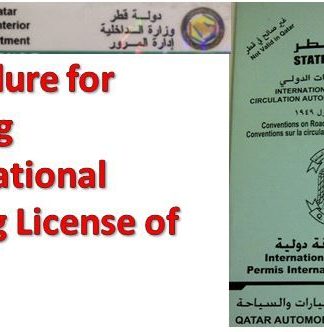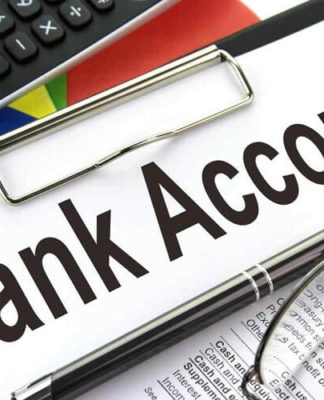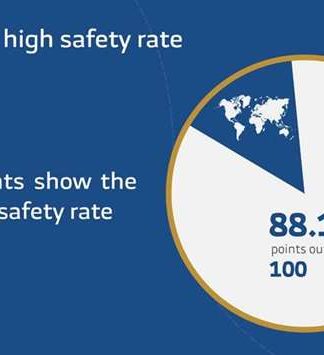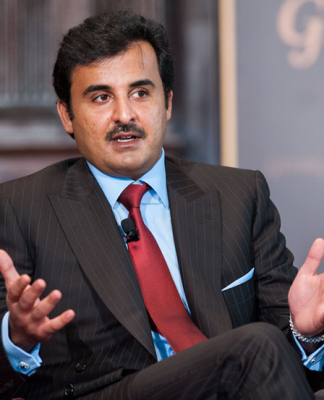By Satish Kanady I The Peninsula
DOHA: Qatar, the lead GCC sovereign issuer in the first half of 2018, is likely to remain muted in the government issuance rest of the year, may be in the first quarter of 2019 as well. With most FIFA-linked infrastructure getting closer to the final phase, coupled with a stable oil price, there is less of an appetite for Qatar to hit the debt market in short term, Venkatesh Krishnaswamy (pictured), Advisory Partner at KPMG in Qatar told The Peninsula in a recent interview.
Qatar was the leading GCC aggregate bonds and sukuks issuer in the first half of 2018, raising a total of $19.97bn. Through 47 issuances, the country represented 31.9 percent of the total value raised in the GCC in H1, 18. The total value of Qatari sovereign and corporate issuances during the period was four times as much in H1, 17 as the regional crisis subsided. By raising $12bn through sovereign issuances, Qatar was the lead sovereign issuer in the region. And now with oil prices now $80-90 plus, there is less of an appetite to go to the market.
There are number of reasons for Qatar not going in the second half. First, Qatar had set aside huge committed funds for FIFArelated infrastructure projects. Those projects are either in the final stages of completion or almost finished.
So, currently, there is minimal strain on capital. Clearly, the oil prices are being favourable to the fiscal position. Second, the $12bn raised in the first half is enough to support the short-term funding. Finally, the sovereign issuer needs to leave space for the institutions and corporate to go to the market. So it needs space for other entities in the nation to get into the market, Venkatesh said.
Though, Venkatesh believes it is unlikely that there will be another sovereign issuance this year, there are number of corporate and financial institutions issuance in the pipeline.“It is possible that we could see between two and three billion dollars of issuance from corporate and financial institutions. These however need to be timed to the market to ensure market appetite and pricing is managed well”, he said.
On the prospective sovereign issuance in the wider GCC, he said Bahrain could soon hit the market on the back of recent funding commitment from the region. Other GCC countries that might have an appetite are Kuwait and Oman.
On Qatar’s corporate issuers’ growing interests in tapping Asian market, Venkatesh said itis because of competitive pricing and availability of capital.
“In Asia and Africa, China is the biggest capital provider to emerging markets, so there is clearly an appetite for issuances and a better appetite for risks.
It is a tradeoff for traditional issuers between diversifying the sources of fund and having a more competitive pricing.”
Again, Japan has traditionally been a good provider of long term financing to infrastructure, power, and utilities projects and are they often introduce advanced technologies so that’s an added advantage as well, he said.
On Qatar entering JP Morgan’s emerging market government bond index next year, Venkatesh said “entering a permanent index like this will clearly give higher funds allocation and is an acknowledgement of liquidity and appetite for Qatari papers.”
“It will give you better allocations for capital and gives you better visibility being part of the index.As people start tracking you more often, improving visibility. All this will help you in your existing bond yields. It will also give confidence to investors around transparency and that your paper will be more liquid and thus tradable.”
On the impact of the US rate hike on the regional debt market, Venkatesh said the US rate hike cycle traditionally means that money will fly out from emerging markets to the US denominated papers and bonds, which consequently means that you have to rise the interest rates here to be able to manage the capital flow.
The phenomenon will lead to a shift in capital from the riskier emerging markets to safer geographies and this is the compensation for the risk.
“But as far as Qatar is concerned, we don’t see much of an impact happening from it. Because, Qatar has a great sovereign rating and at the end of the day, it is a dollar-pegged economy.” Qatar’s total outstanding bonds and sukuks is $91bn; $70bn being conventional bonds and $21bn in sukuks.
SOURCE: thepeninsulaqatar





























